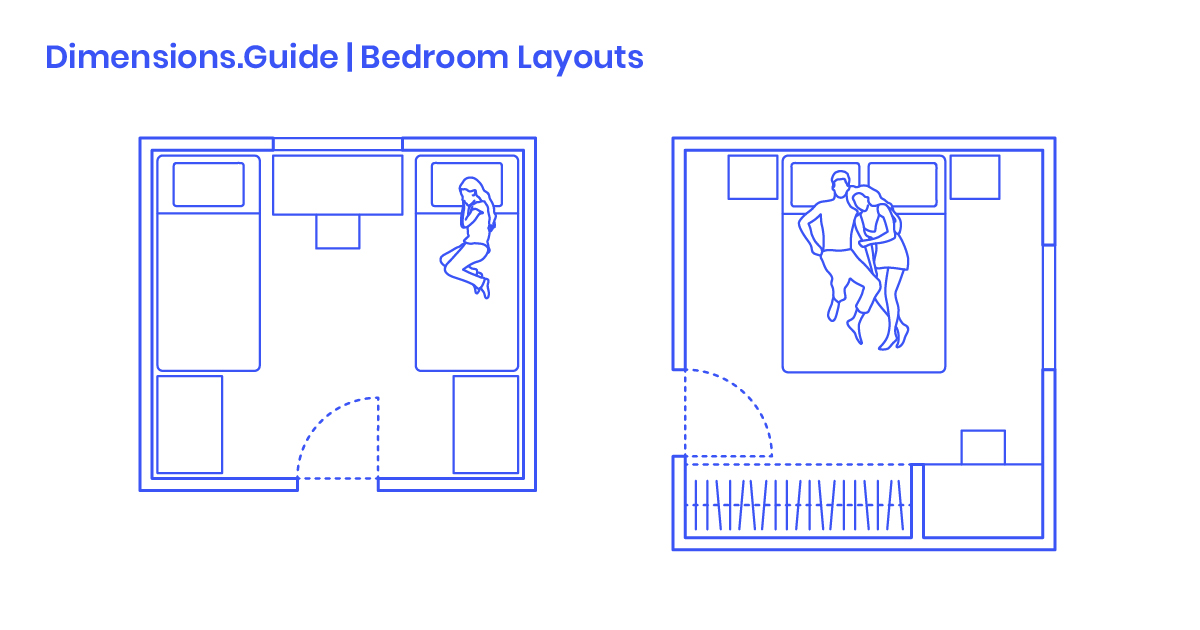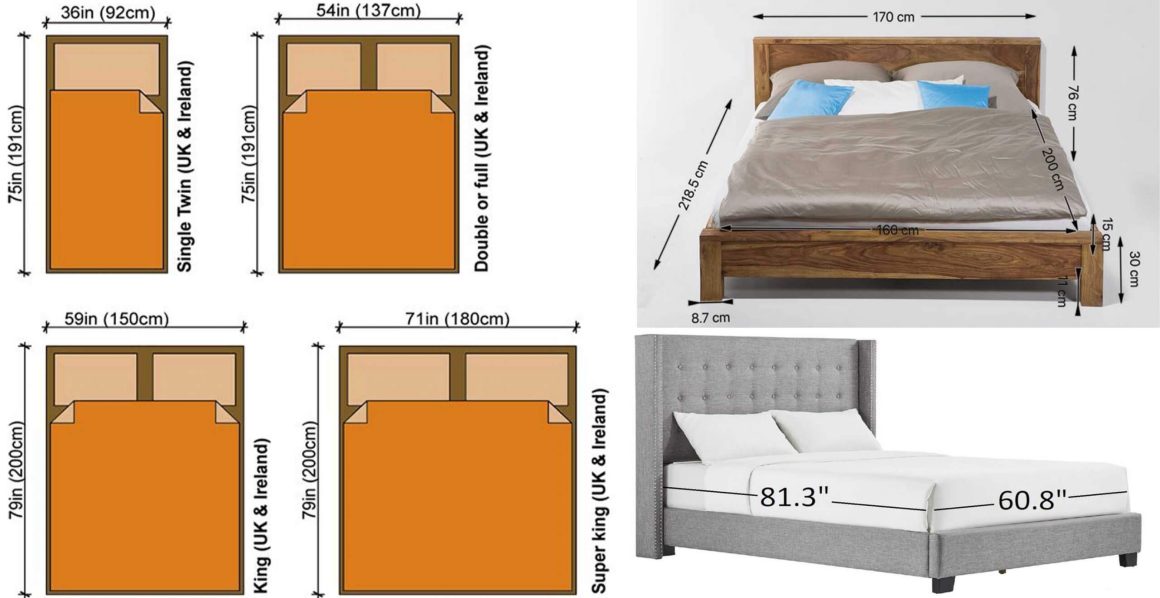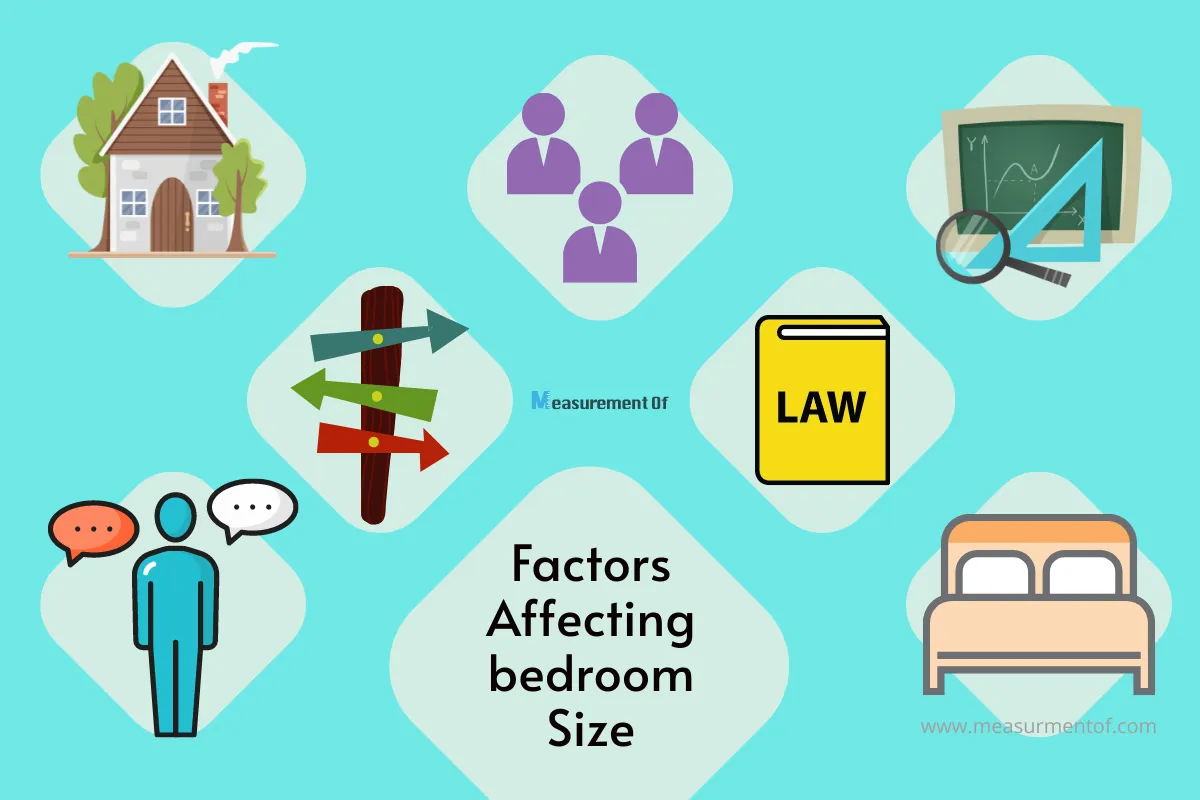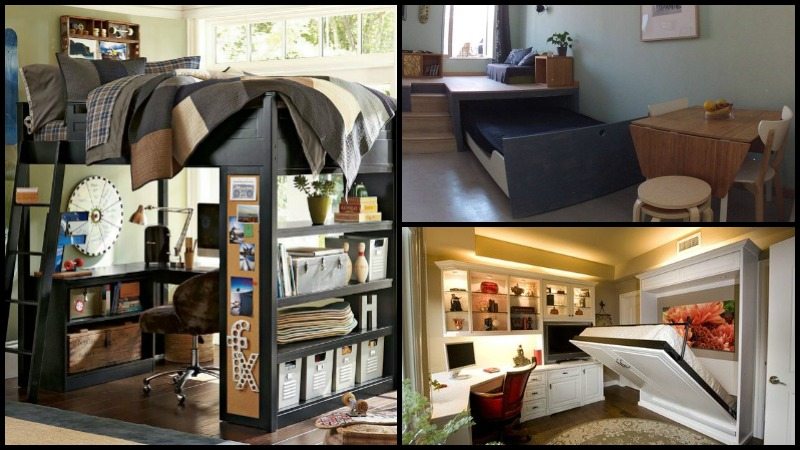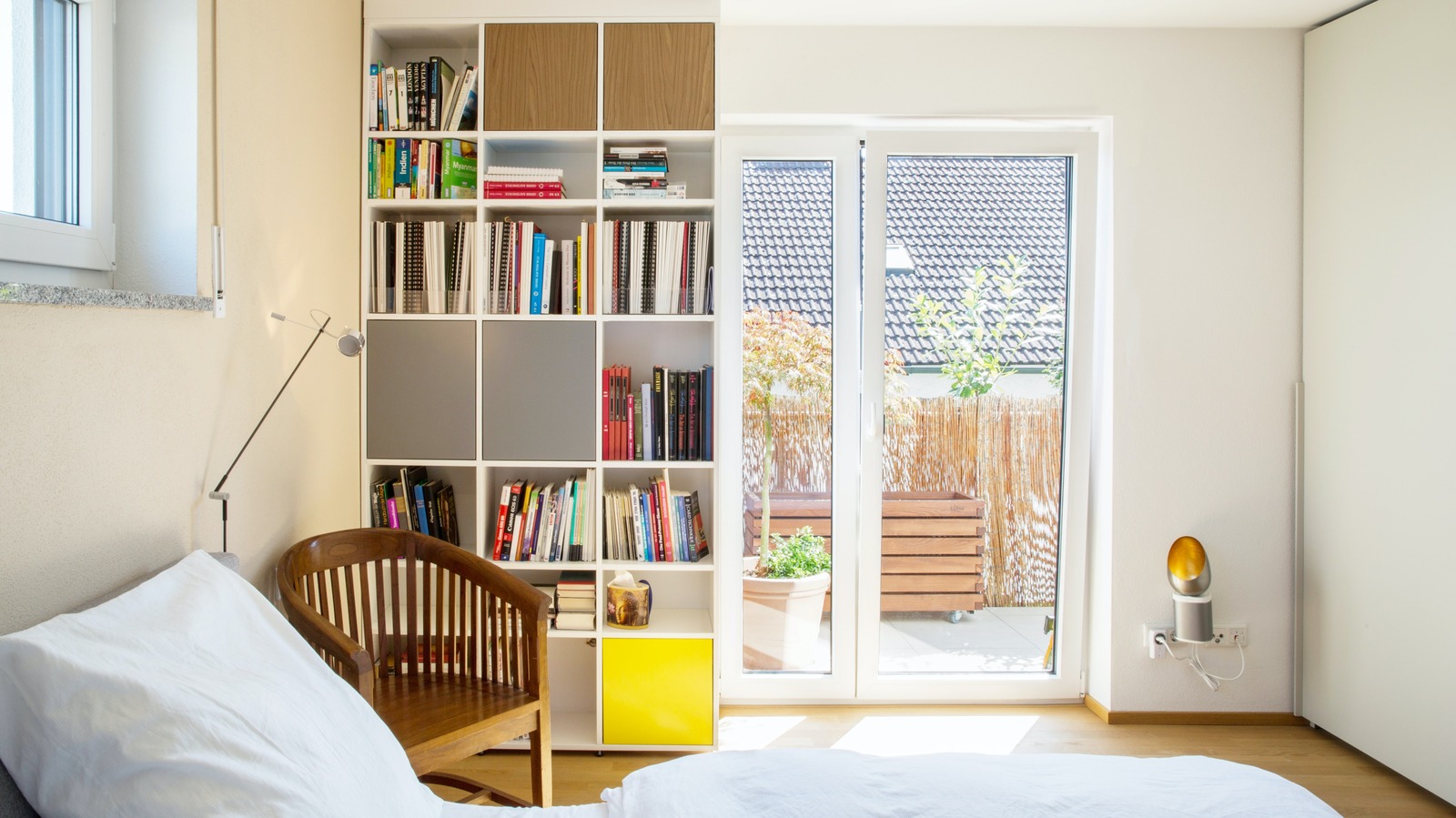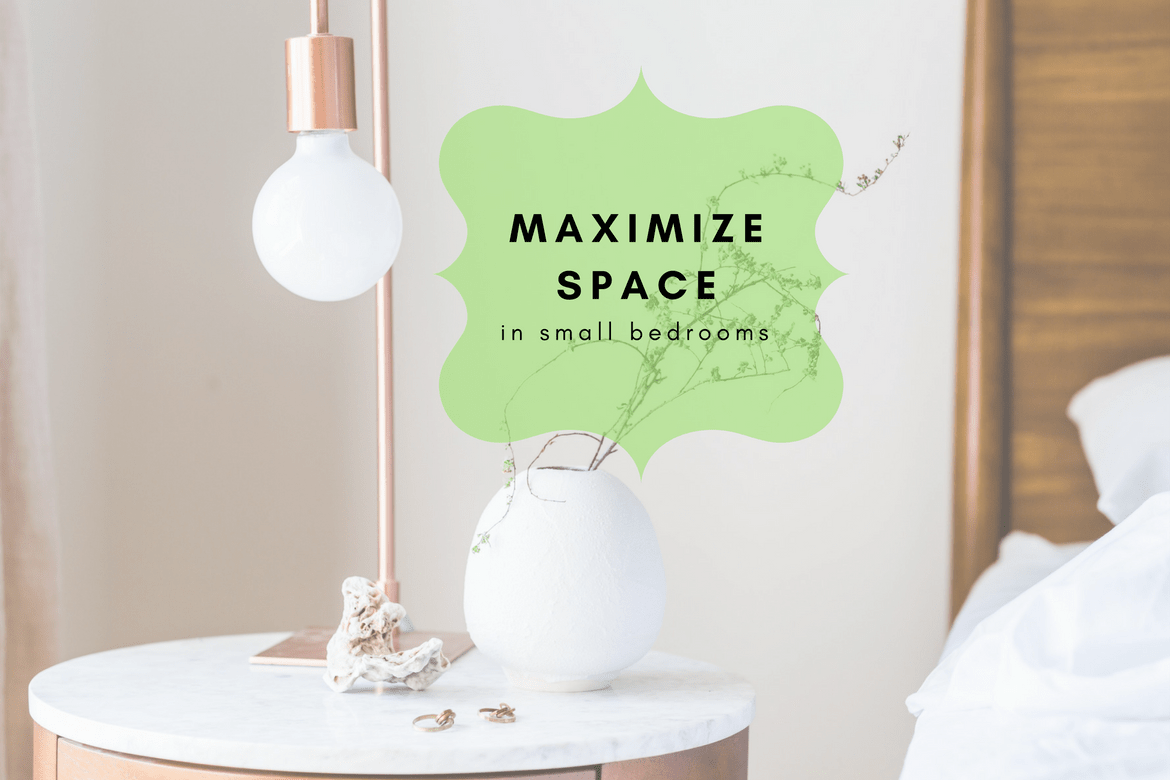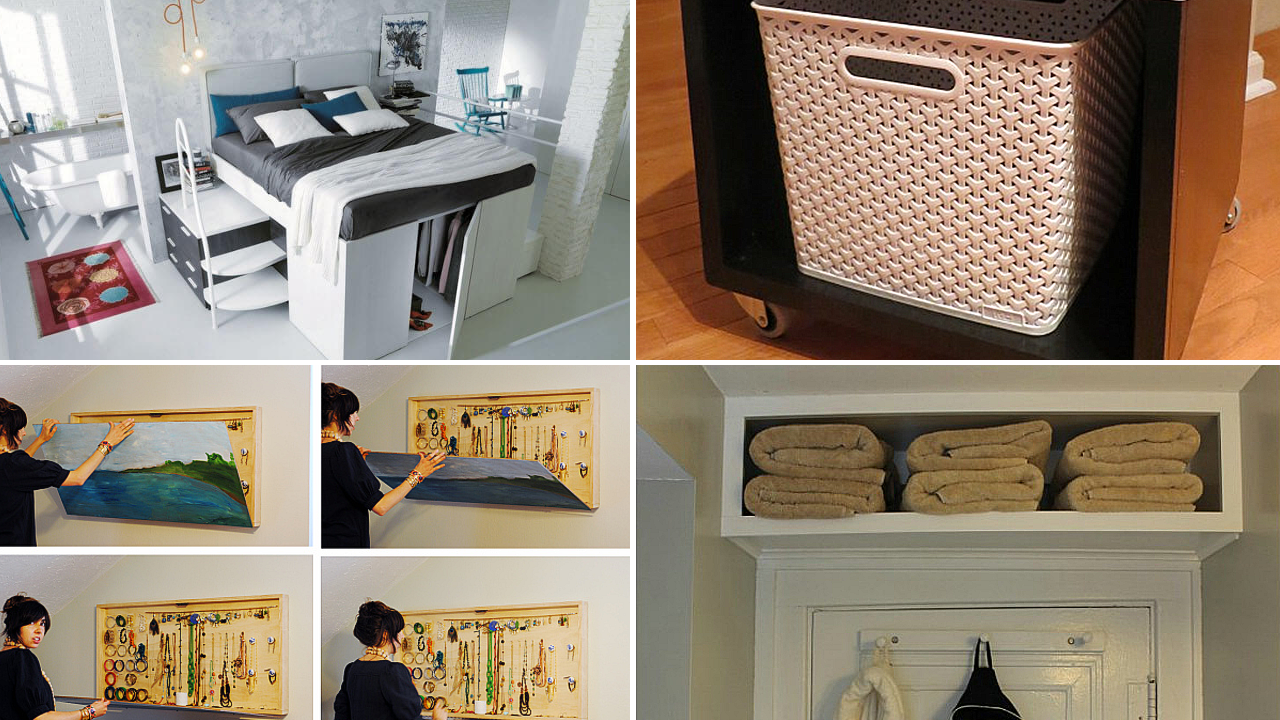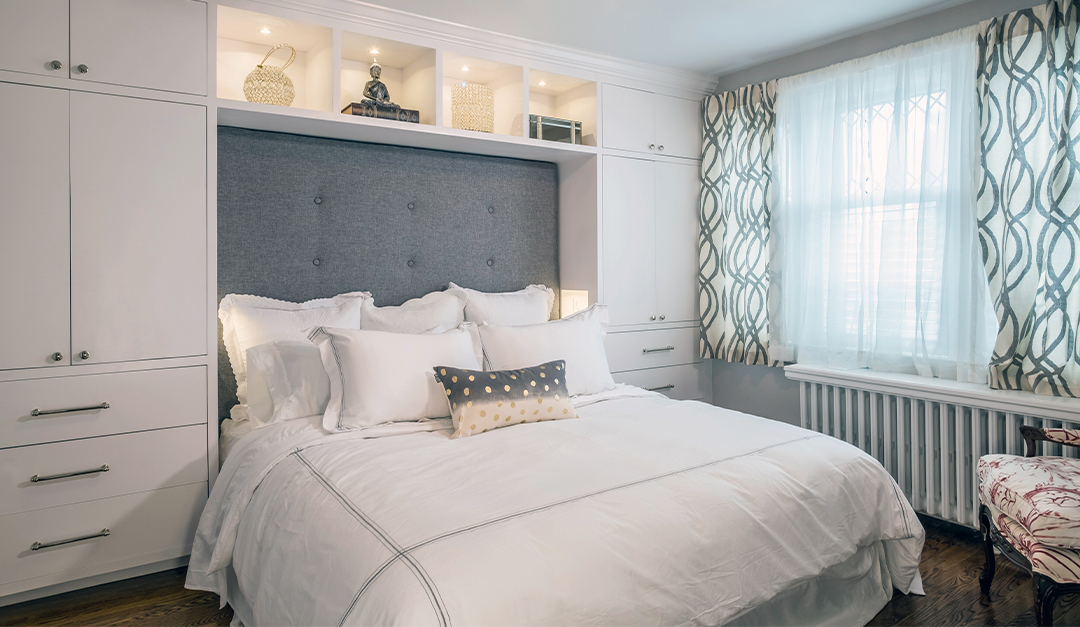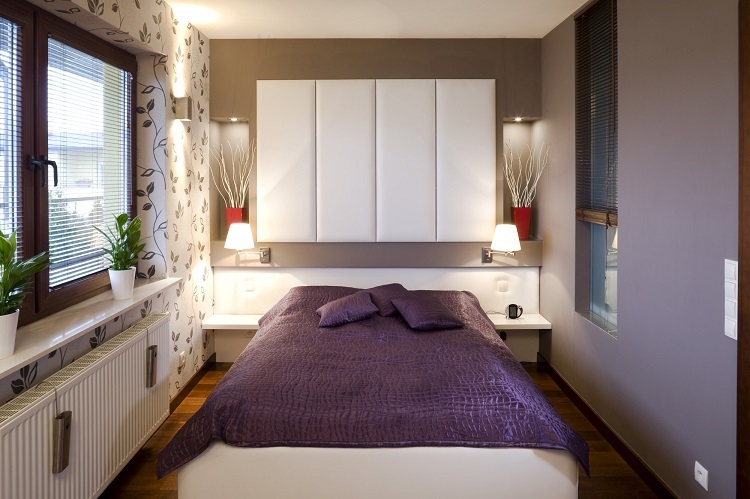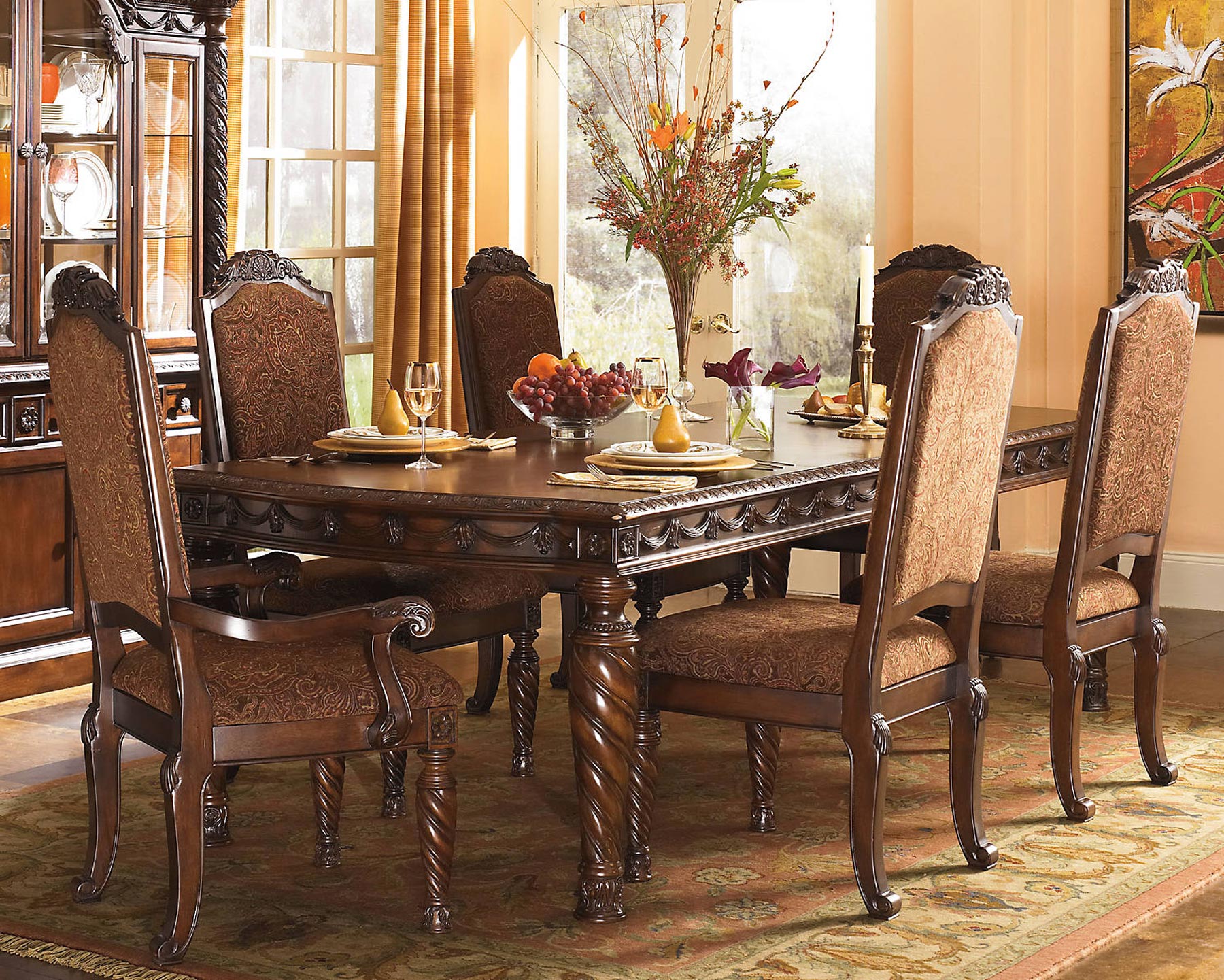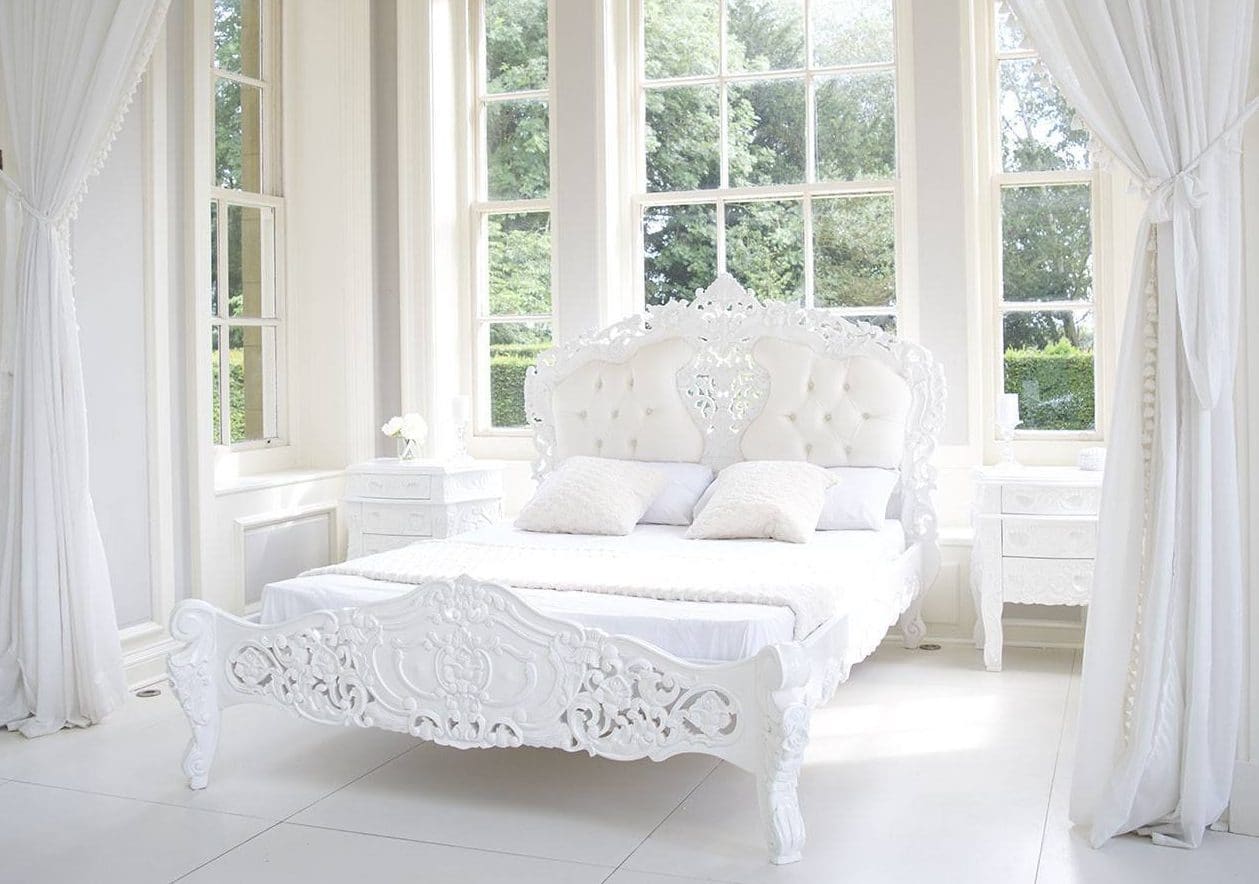When it comes to designing or renovating a bedroom, one of the most important factors to consider is its size. After all, the bedroom is where we spend a significant amount of time resting and recharging, so it should be a comfortable and functional space. But how big is the average bedroom? And what is the ideal size for your bedroom? In this article, we will delve into the world of bedroom dimensions and layouts to help you determine the perfect size for your bedroom. Average Bedroom Size: How Big Should It Be?
The average size of a master bedroom can vary depending on the location and the type of home. As a general rule, a master bedroom is typically larger than the other bedrooms in the house. In the United States, the average size of a master bedroom ranges from 200 to 300 square feet. However, in some luxury homes, the master bedroom can be as large as 500 square feet or more. What is the Average Size of a Master Bedroom?
Before we dive into the standard bedroom size, it's essential to know how to measure the square footage of a room accurately. To determine the square footage of a room, you need to measure the length and width of the room and multiply them. For example, if your bedroom is 12 feet long and 10 feet wide, the square footage would be 120 square feet. How to Measure the Square Footage of a Room
The average size of a bedroom can vary depending on the type of home and its location. In general, the standard size of a bedroom in the United States ranges from 120 to 200 square feet. However, if you live in a crowded city like New York, the average size of a bedroom can be as small as 80 square feet. On the other hand, if you live in a spacious suburban area, your bedroom might be as large as 300 square feet. Standard Bedroom Size: How Big is a Bedroom?
When it comes to determining the ideal size for your bedroom, there are a few essential factors to consider. First, you need to think about the function of your bedroom. Is it just a place to sleep, or do you also want to have a workspace or a seating area? If you plan on having multiple functions in your bedroom, you will need a larger room. Additionally, consider your lifestyle and personal preferences. If you like to have a lot of space and move around freely, you might want a bigger bedroom. However, if you prefer a cozy and intimate space, a smaller bedroom might be more suitable for you. How to Determine the Right Size for Your Bedroom
Choosing the perfect bedroom size can be overwhelming, but here are some tips to help you make the right decision: Tips for Choosing the Perfect Bedroom Size
When it comes to bedroom dimensions and layouts, there are a few common terms that you should be familiar with. These include: Understanding Bedroom Dimensions and Layouts
The size of your bedroom can have a significant impact on the overall design and functionality of your home. A bedroom that is too small can feel cramped and uncomfortable, while a bedroom that is too large can feel cold and impersonal. It's crucial to find the right balance and choose a bedroom size that meets your needs and preferences. The Importance of Bedroom Size in Home Design
If you have a small bedroom, don't worry; there are ways to maximize the space and make it feel more spacious. Here are some ideas: How to Maximize Space in a Small Bedroom
Here are some common bedroom layouts and their ideal sizes: Common Bedroom Layouts and Their Ideal Sizes
Introduction to Bedroom Size in House Design
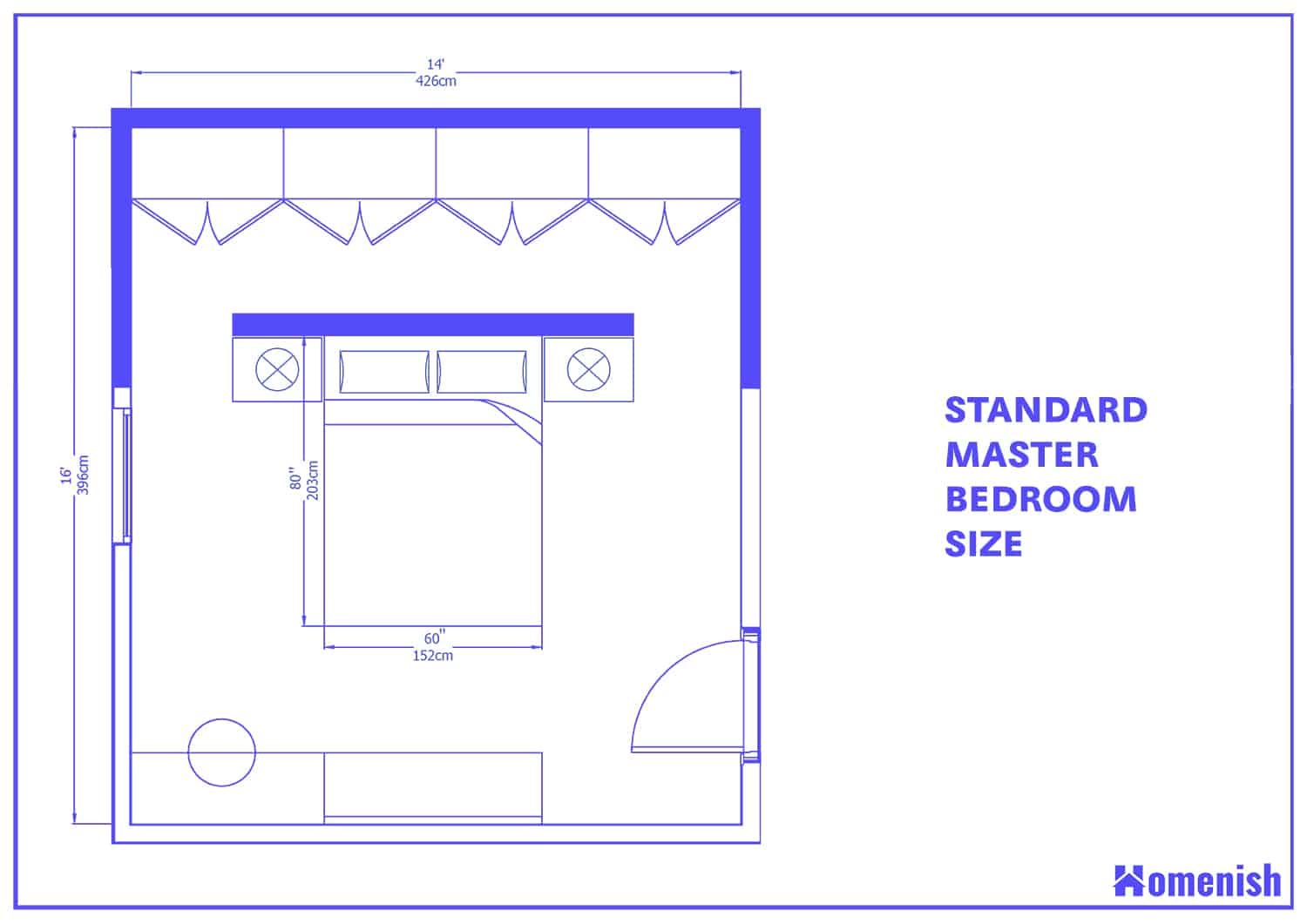
When it comes to designing a house, one of the most important factors to consider is the size of the bedrooms. Bedrooms are not just a place to sleep, but they also serve as a personal sanctuary and a space for relaxation and rejuvenation. Therefore, it is crucial to have a bedroom that is spacious enough to accommodate all the essential elements while still maintaining a sense of comfort and coziness. In this article, we will dive into the topic of bedroom size and explore the average size of bedrooms in homes.
The Importance of Bedroom Size in House Design
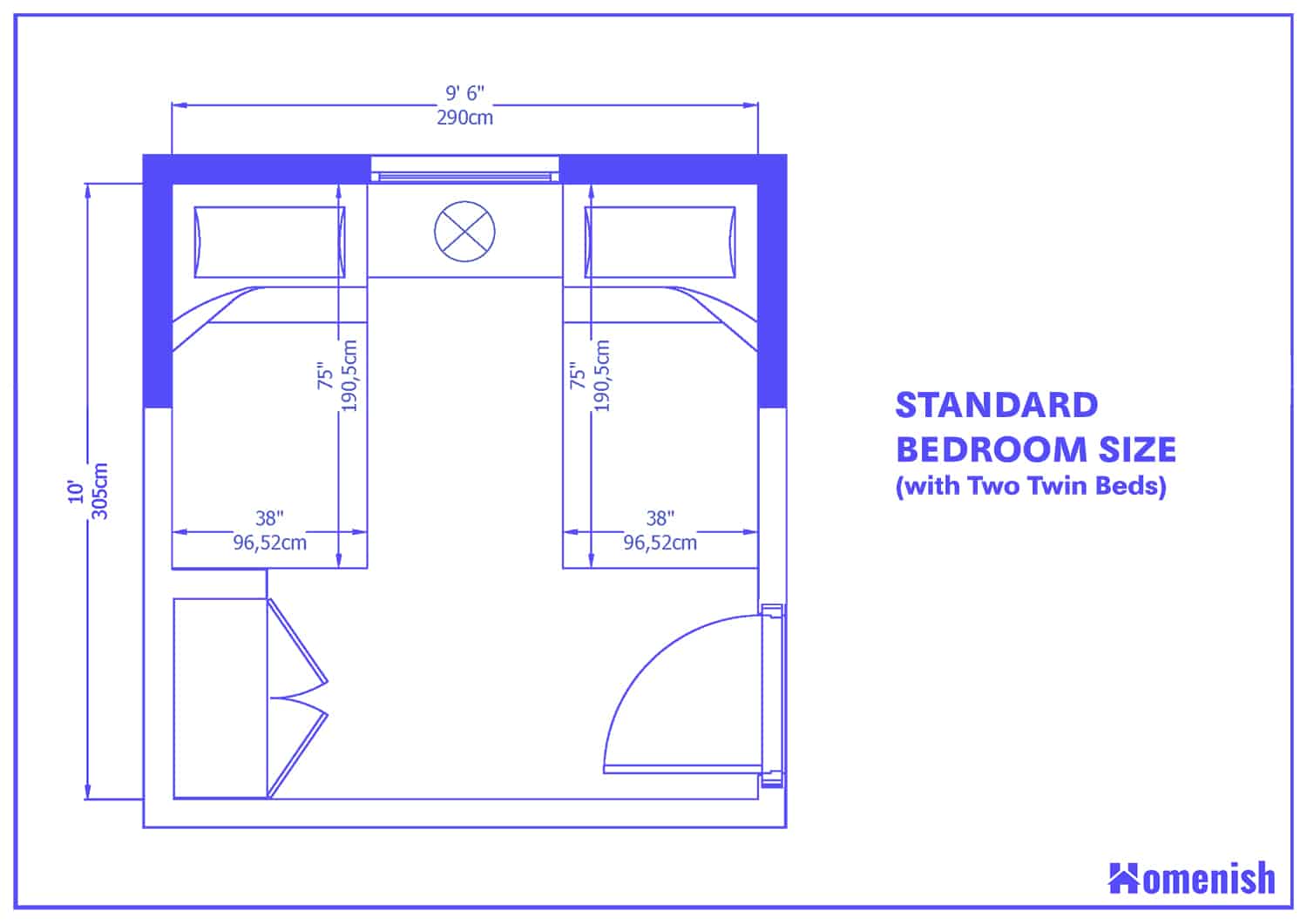
The size of a bedroom can greatly impact the overall design and functionality of a house. Having a small bedroom can feel cramped and suffocating, while a large bedroom can feel empty and impersonal. Therefore, it is essential to strike a balance and find the perfect size for a bedroom that meets both practical and aesthetic needs.
Additionally, the size of a bedroom can also affect the value of a house. A larger bedroom is often considered a desirable feature in real estate and can increase the value of a property. On the other hand, a smaller bedroom may not be as appealing to potential buyers and could potentially decrease the value of a house.
The Average Size of Bedrooms
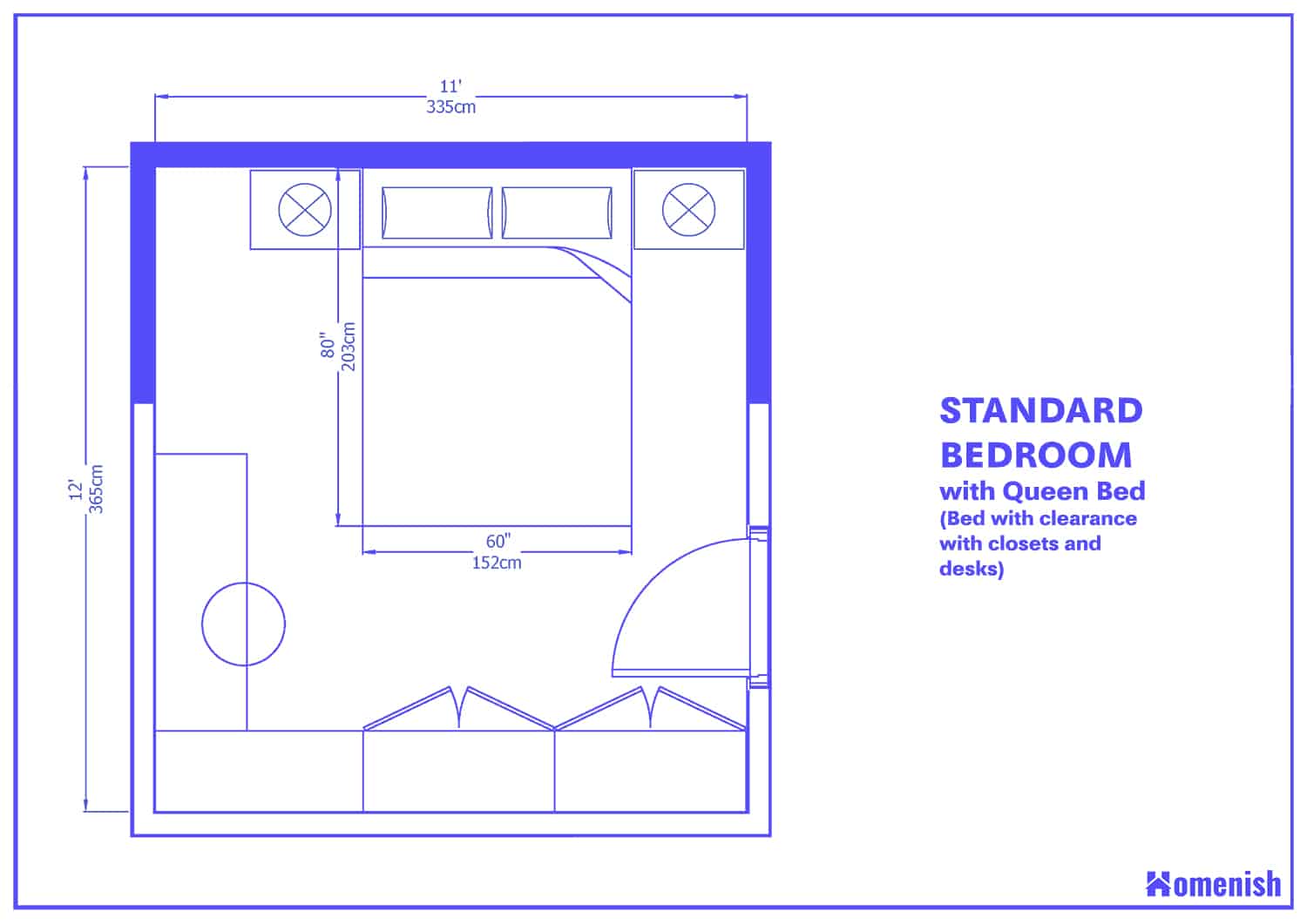
According to a survey conducted by the National Association of Home Builders, the average size of a master bedroom in a new home is around 309 square feet. This includes the bedroom itself, as well as the closet and bathroom. However, it is important to note that the size of bedrooms can vary depending on the location, type of home, and personal preferences.
In general, a standard bedroom size for a single person ranges from 100 to 150 square feet, while a bedroom for a couple is typically around 200 to 400 square feet. A bedroom for children can be smaller, with an average size ranging from 70 to 140 square feet.
Factors to Consider When Determining Bedroom Size
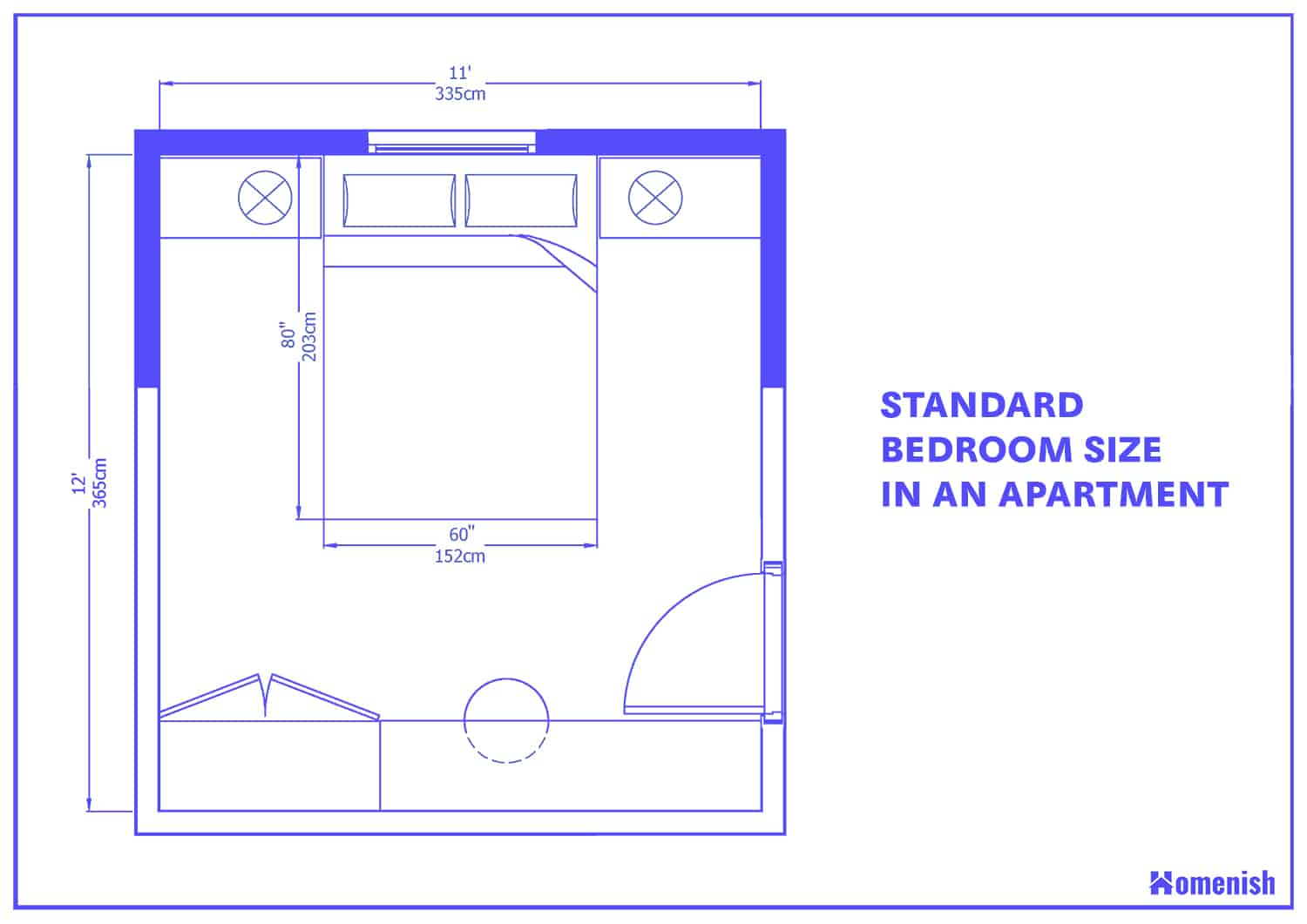
When designing a house, there are several factors to consider when determining the size of bedrooms. The number of people who will be using the bedroom, the furniture and storage needs, and the available space in the house are all important considerations. It is also essential to take into account the flow and layout of the house, as well as the overall design aesthetic.
Ultimately, the size of a bedroom should be tailored to fit the needs and preferences of the homeowner. While there may be an average size for bedrooms, it is ultimately up to the individual to decide what size works best for them.
In conclusion, bedroom size is an essential aspect of house design that should not be overlooked. A well-designed bedroom can greatly enhance the overall feel and functionality of a house, and finding the right balance in size is crucial. Whether it is a cozy and intimate space or a spacious and luxurious one, the size of a bedroom should cater to the needs and desires of the homeowner.
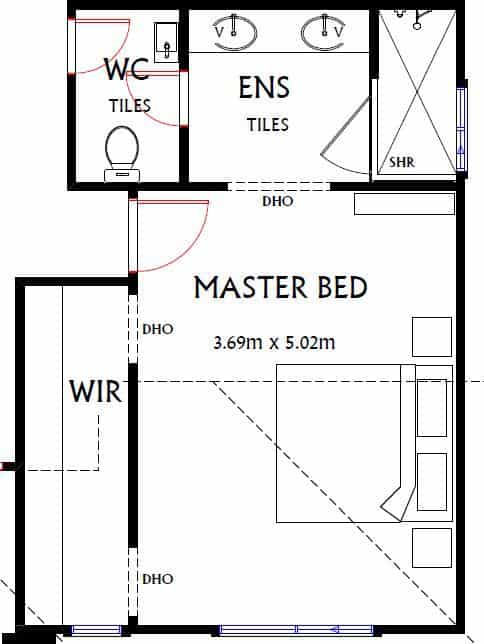


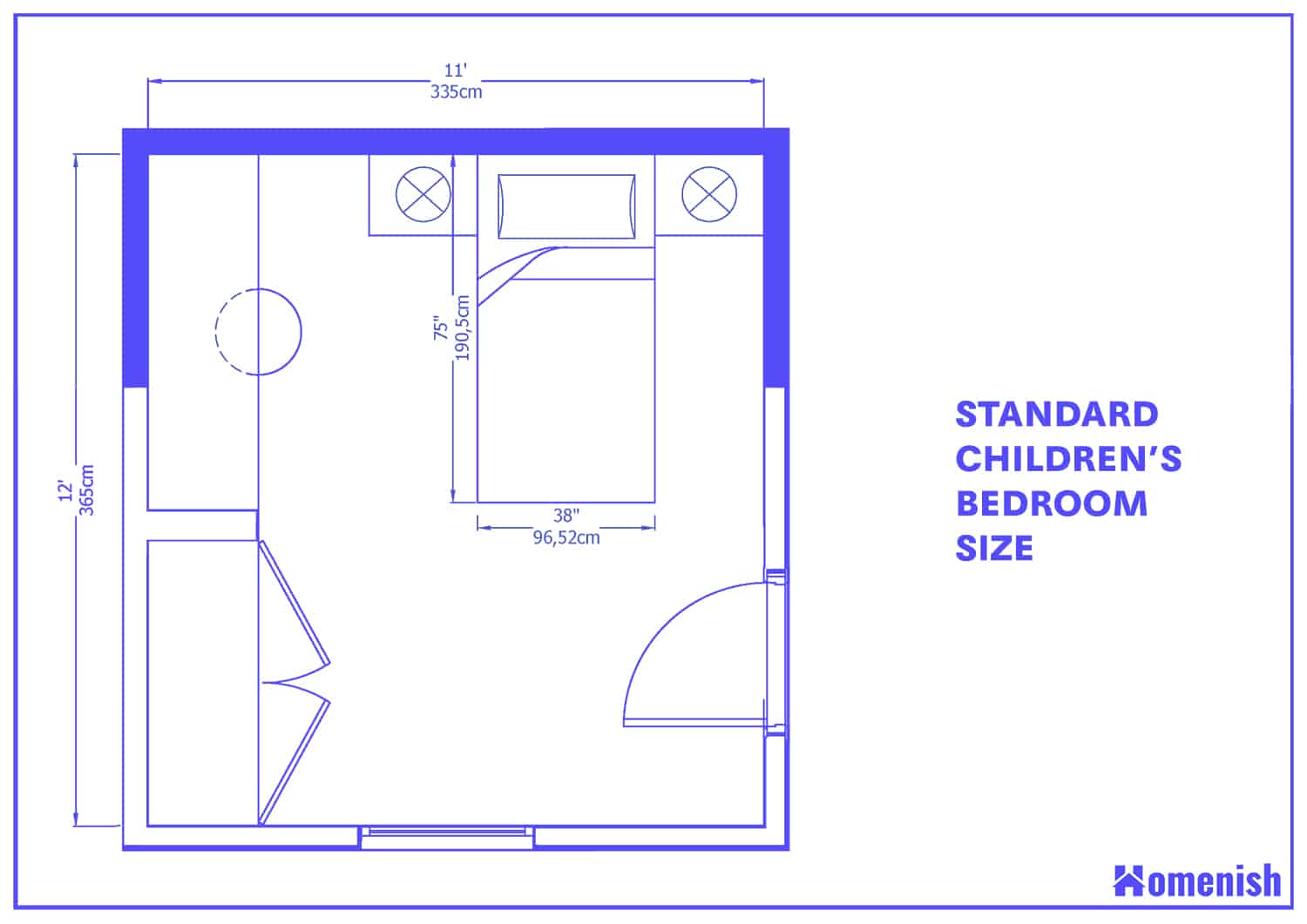
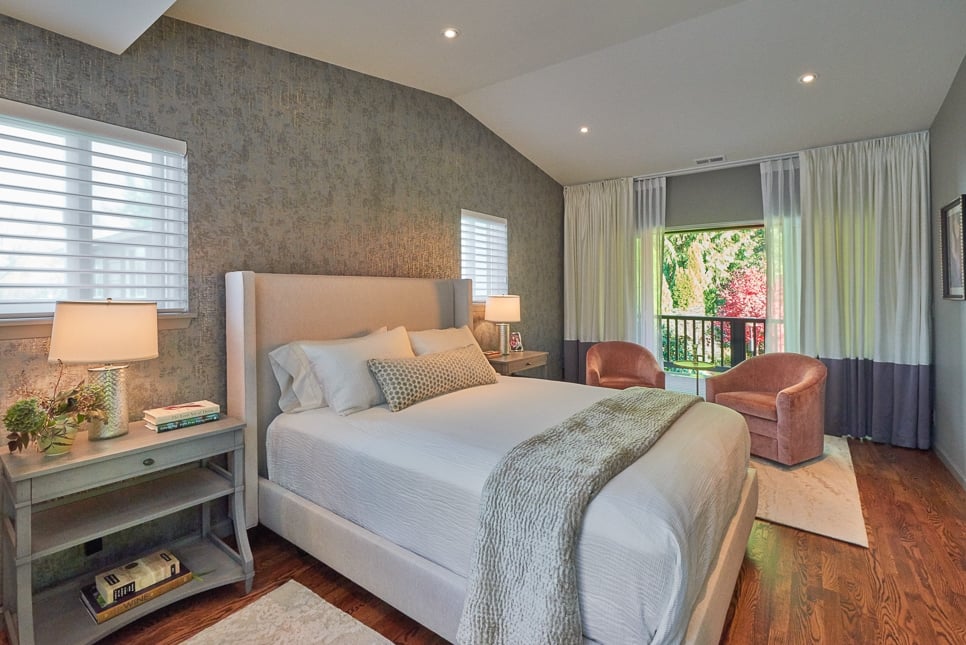
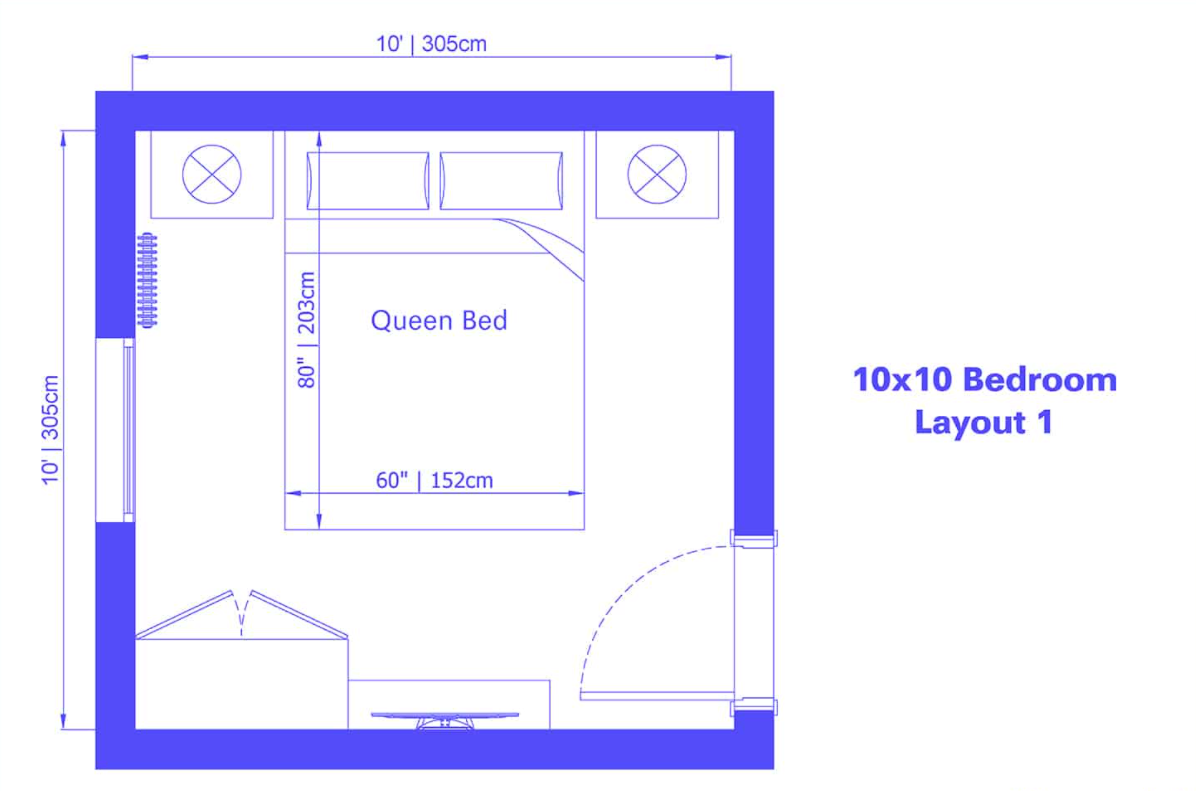


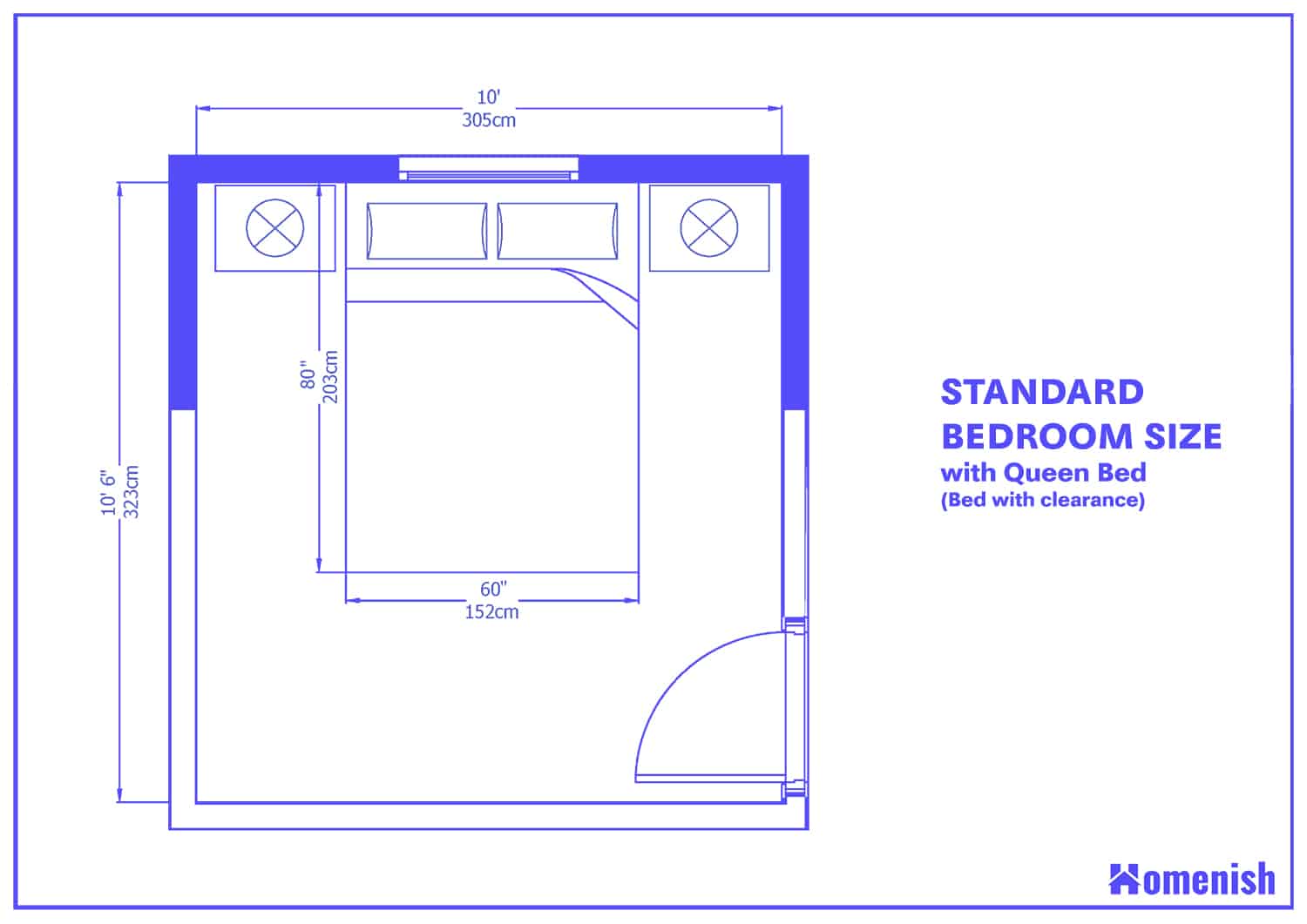
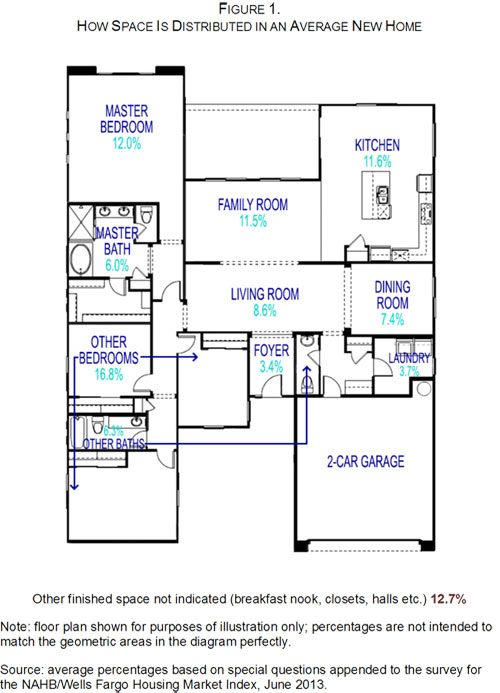
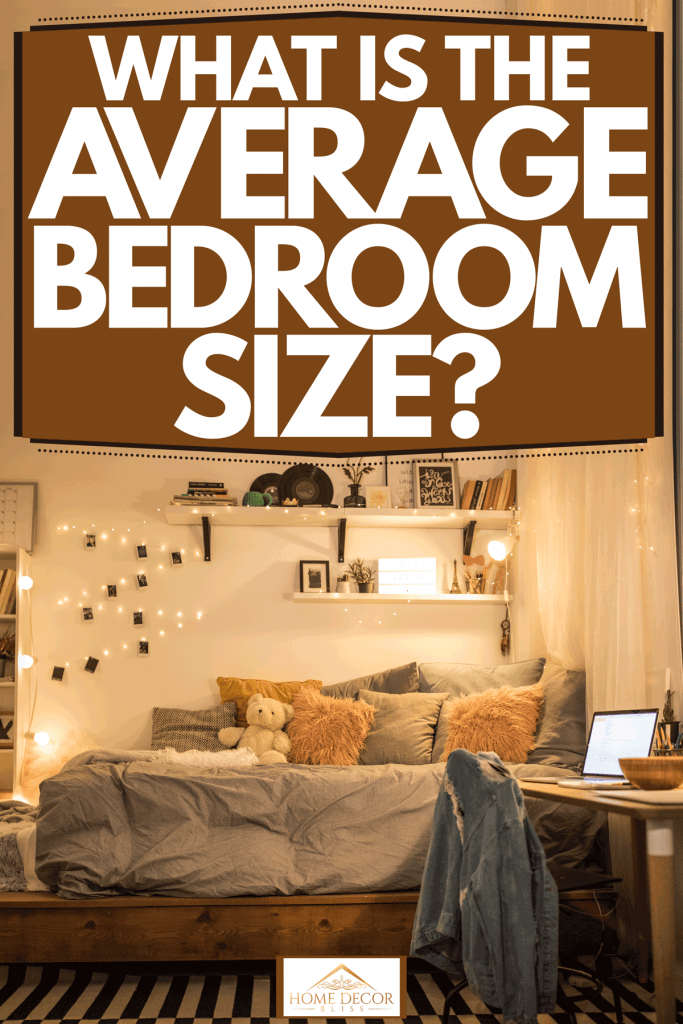
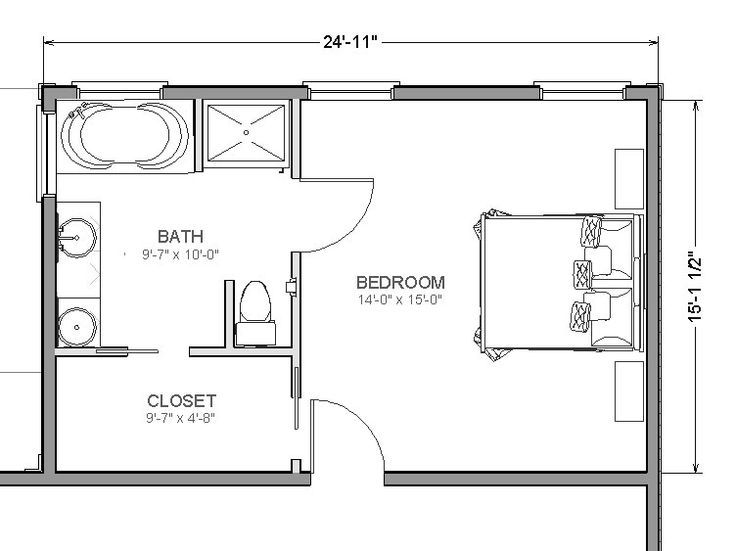
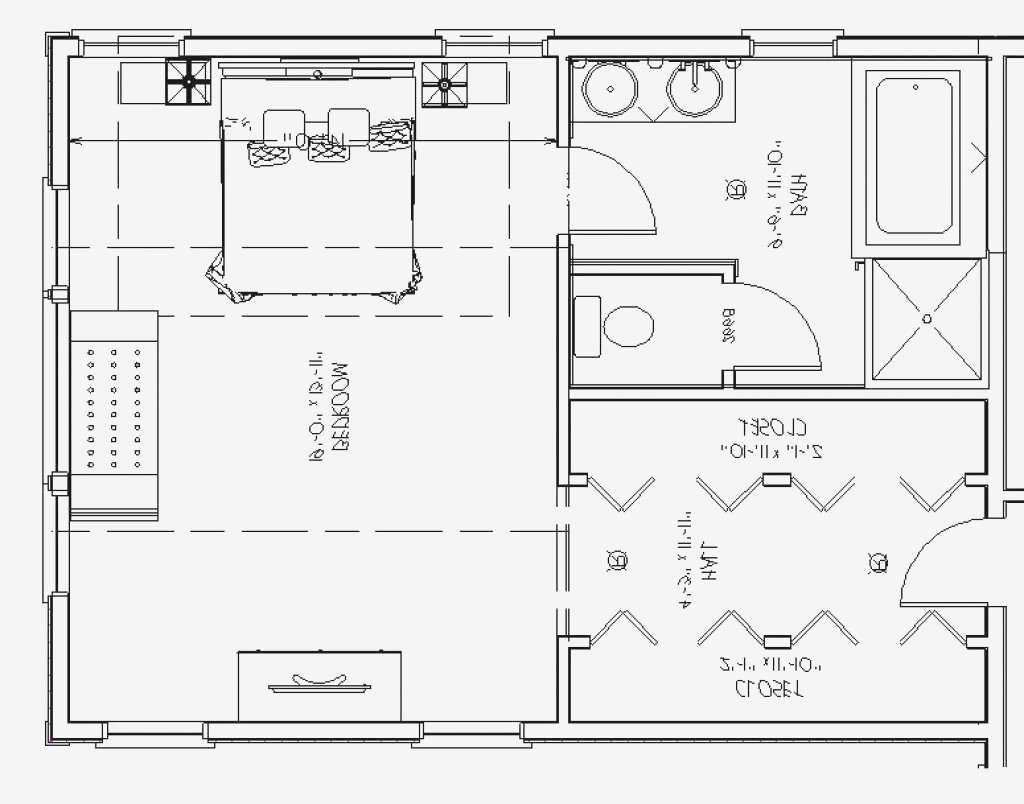
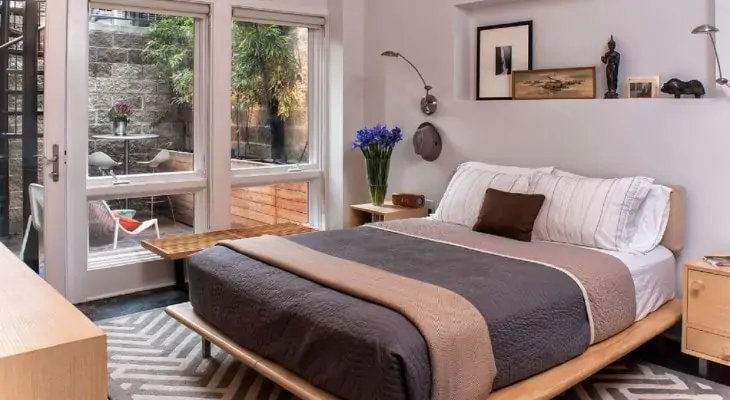
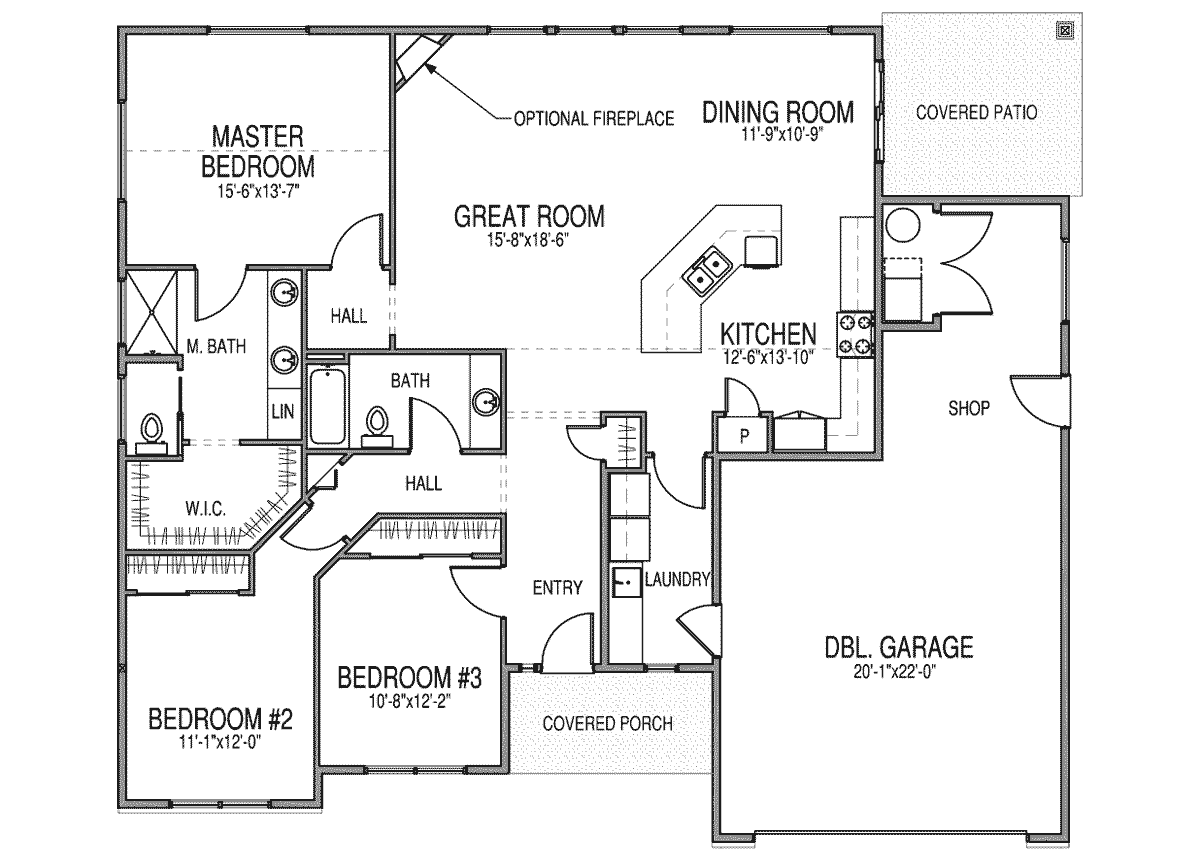


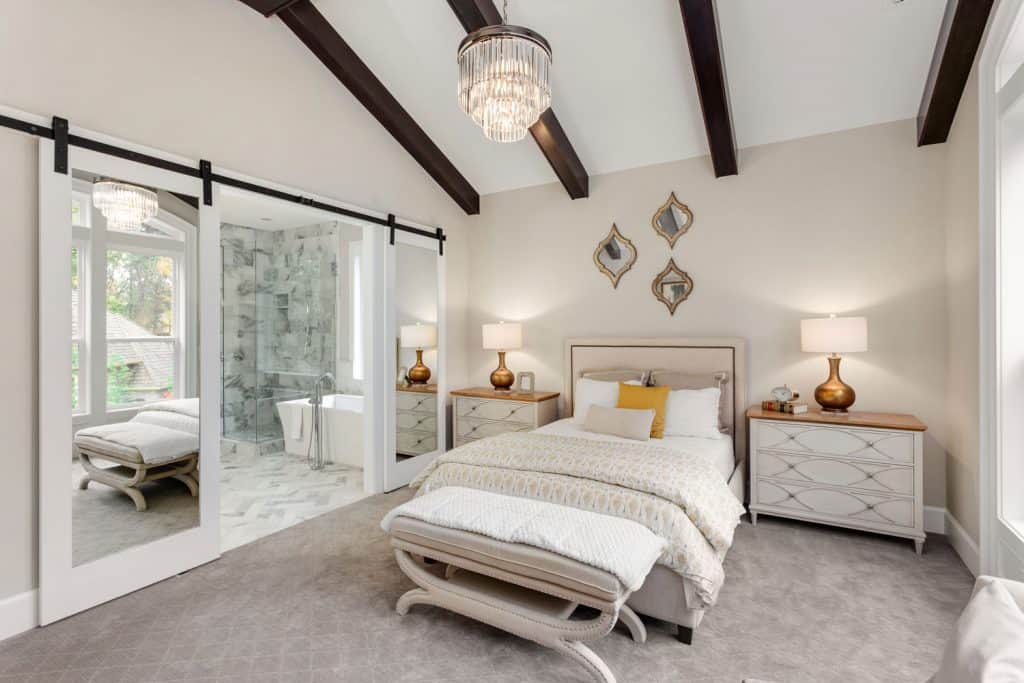
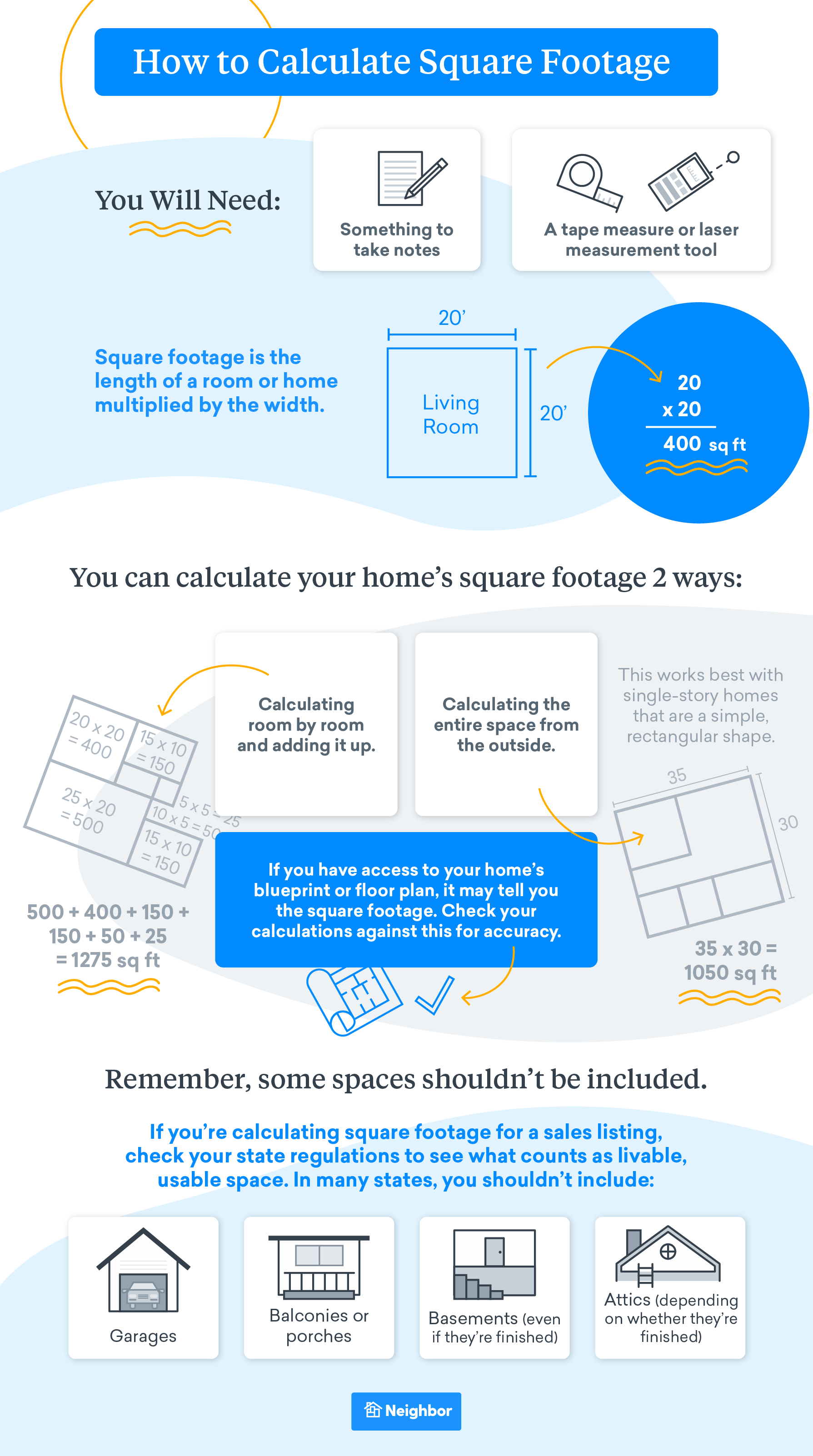




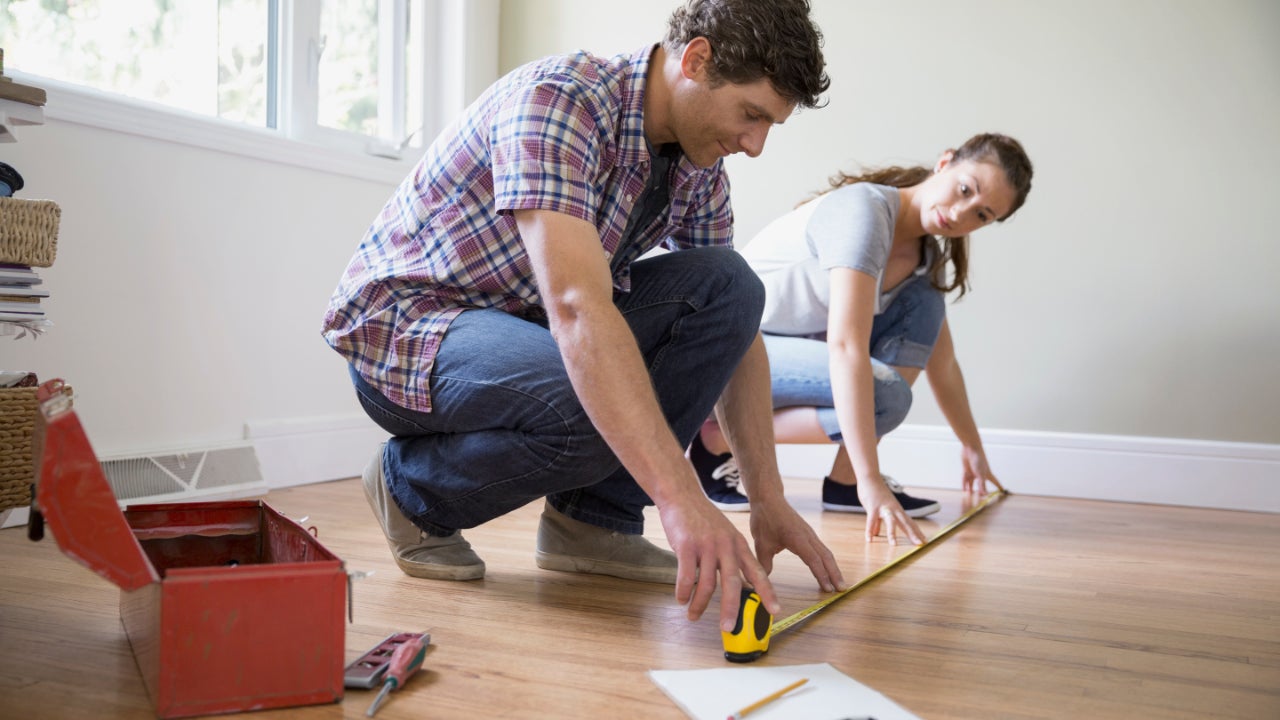

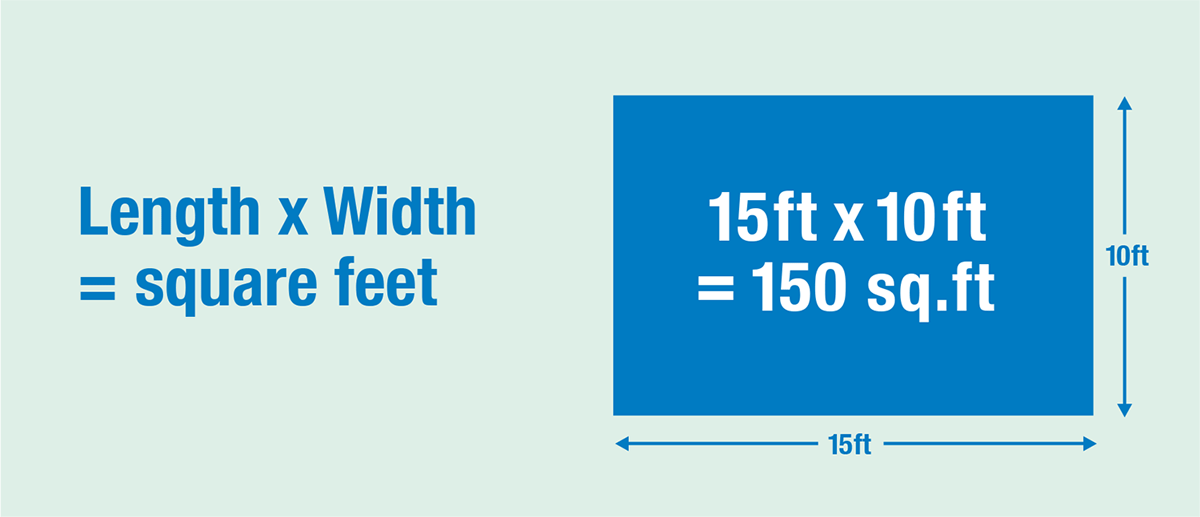
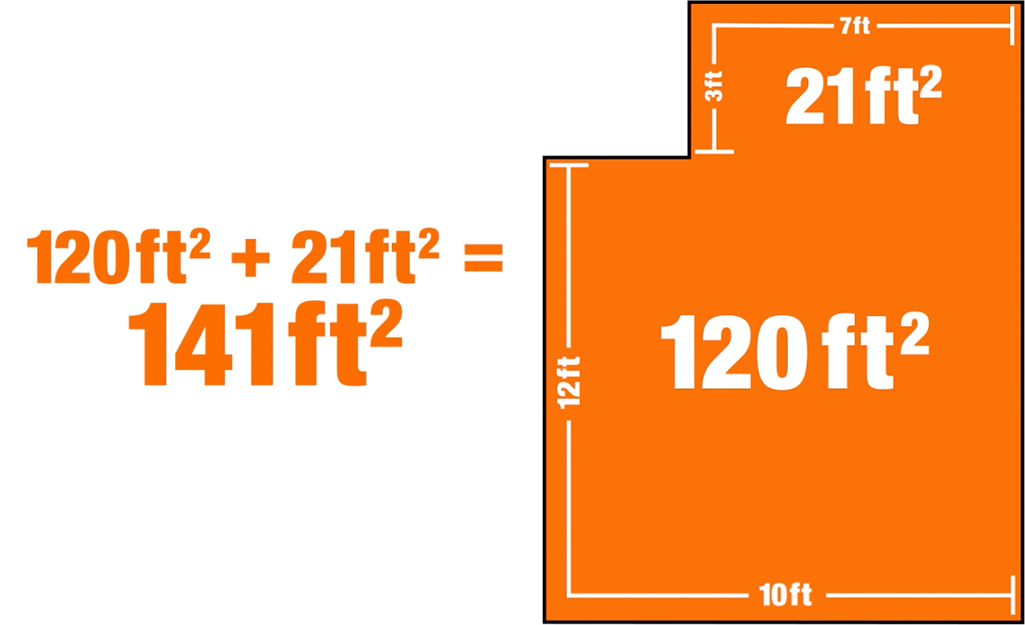

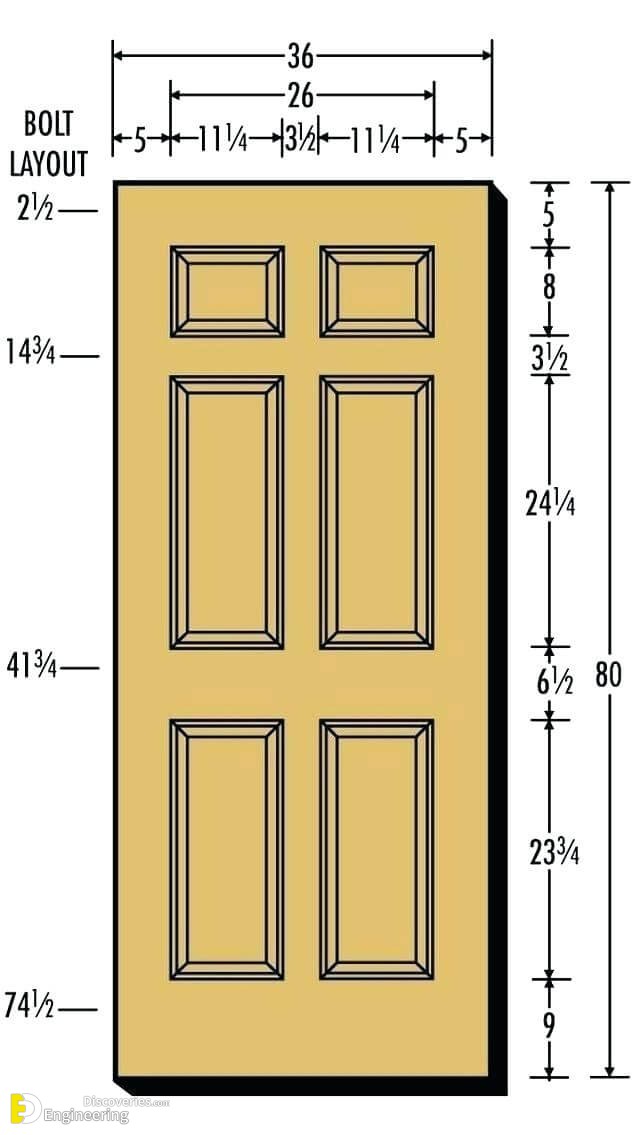

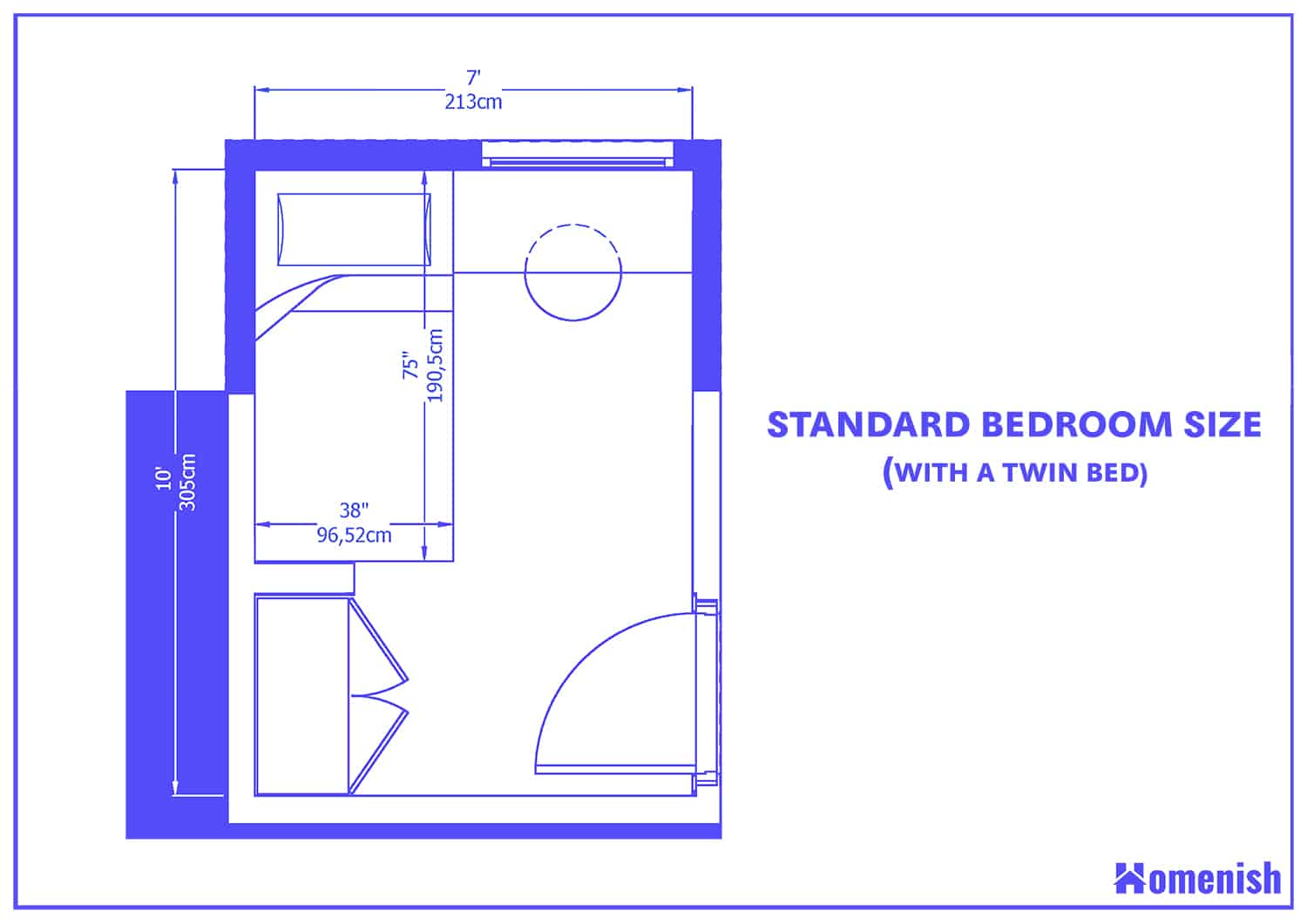
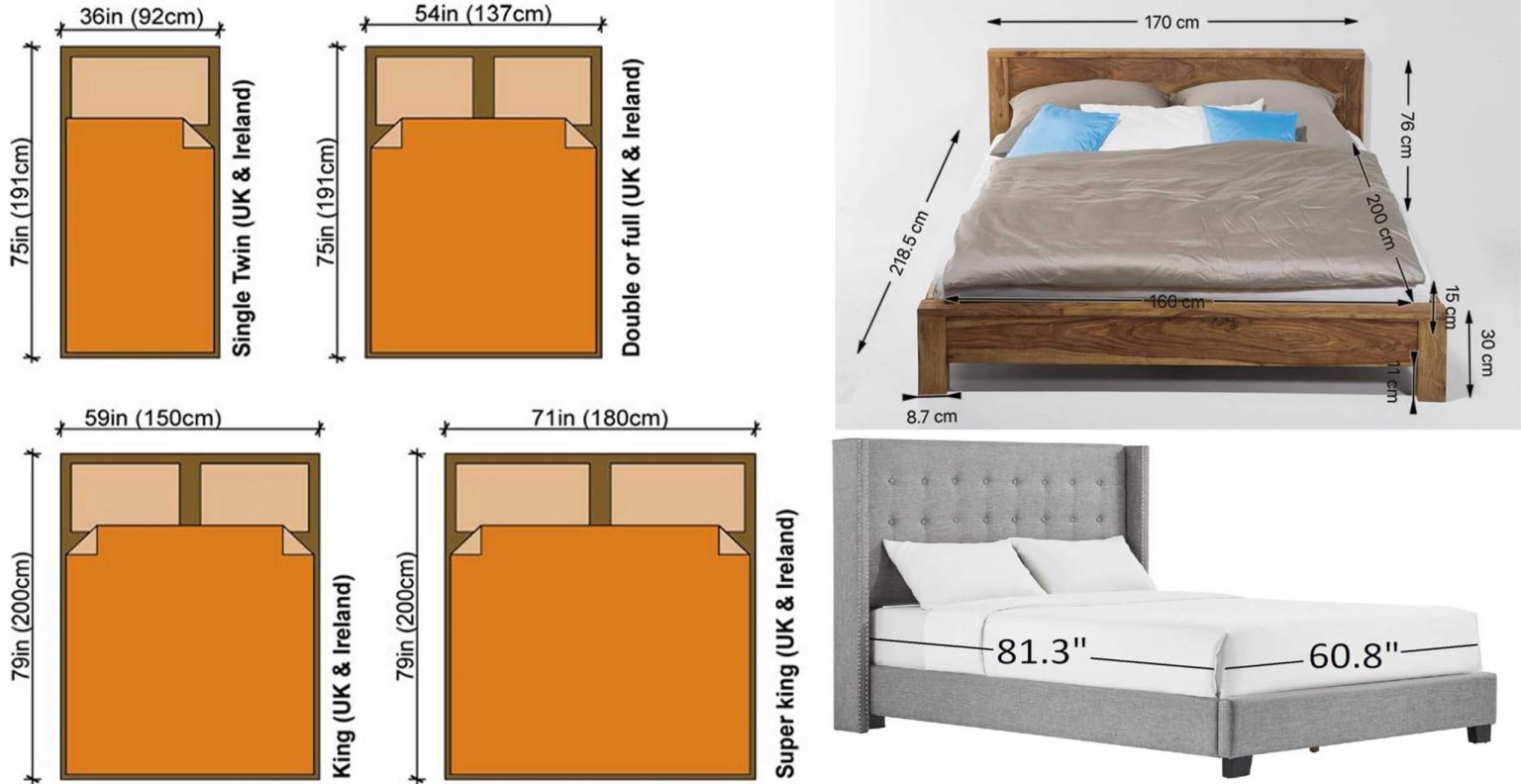
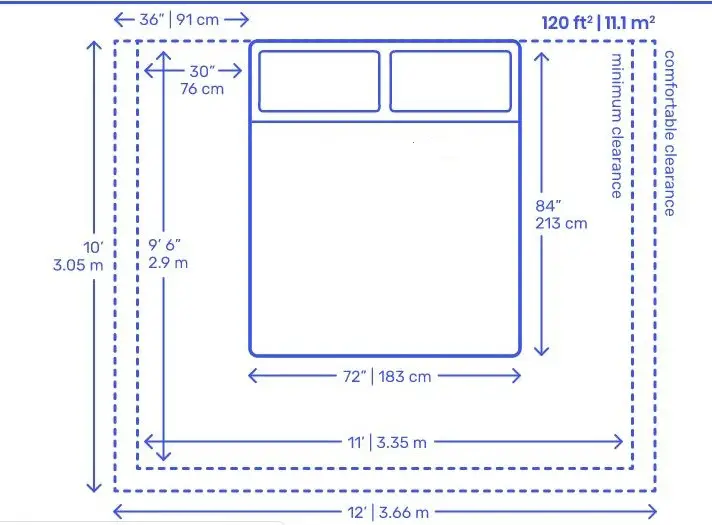
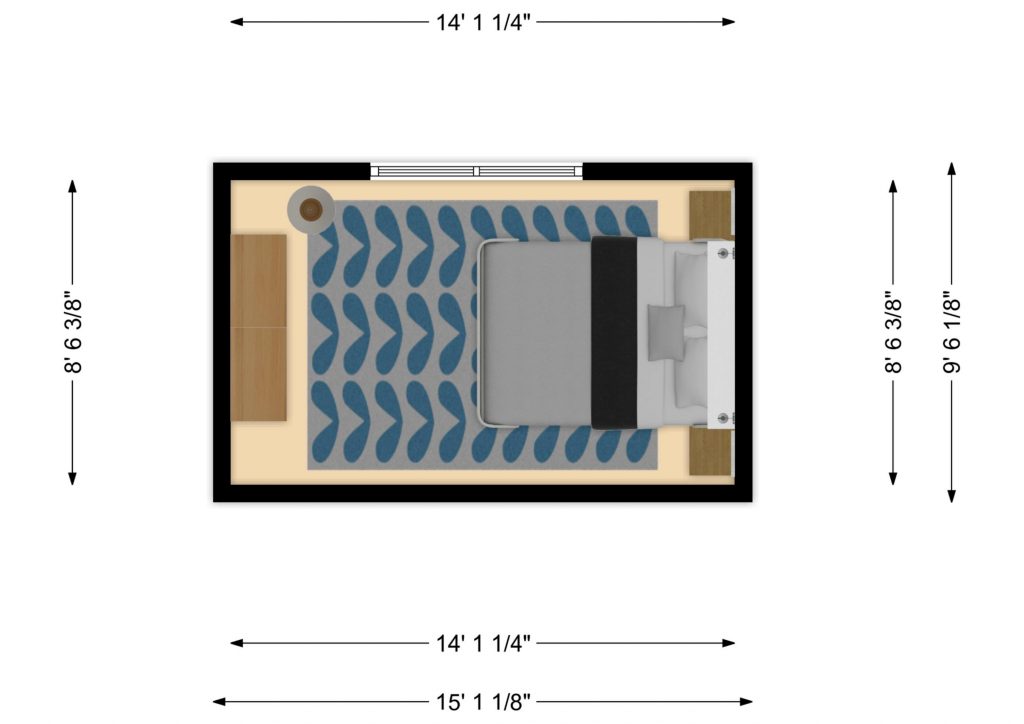











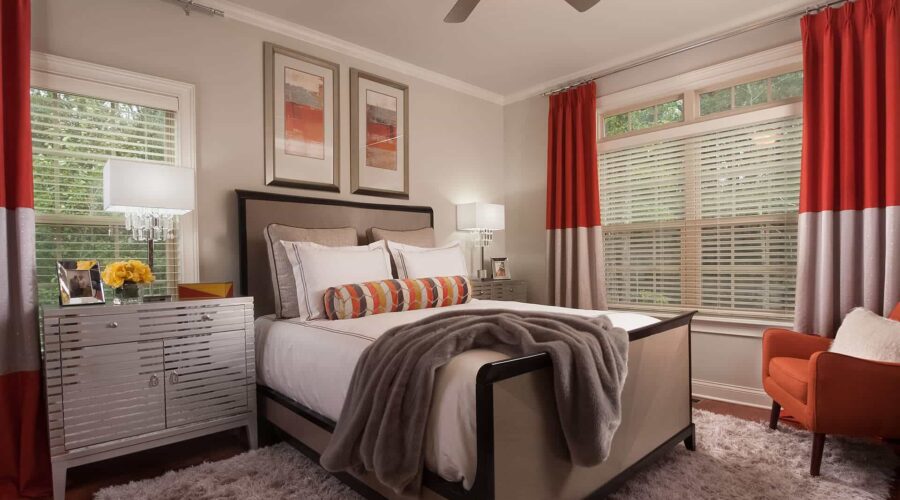
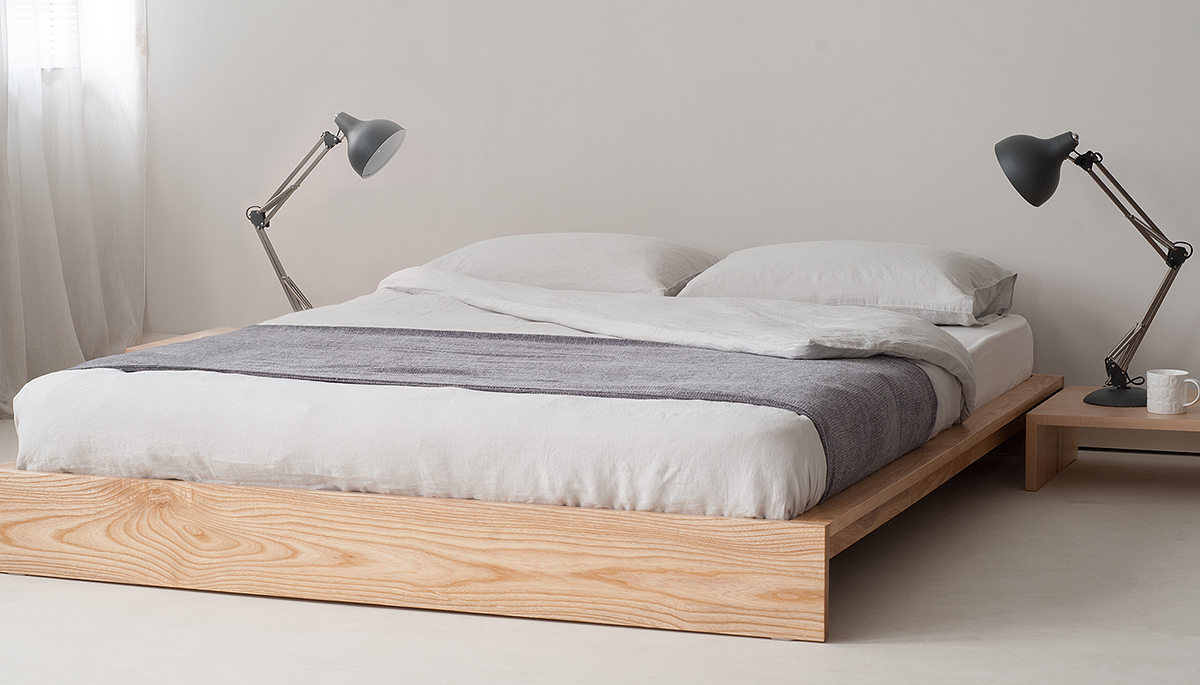
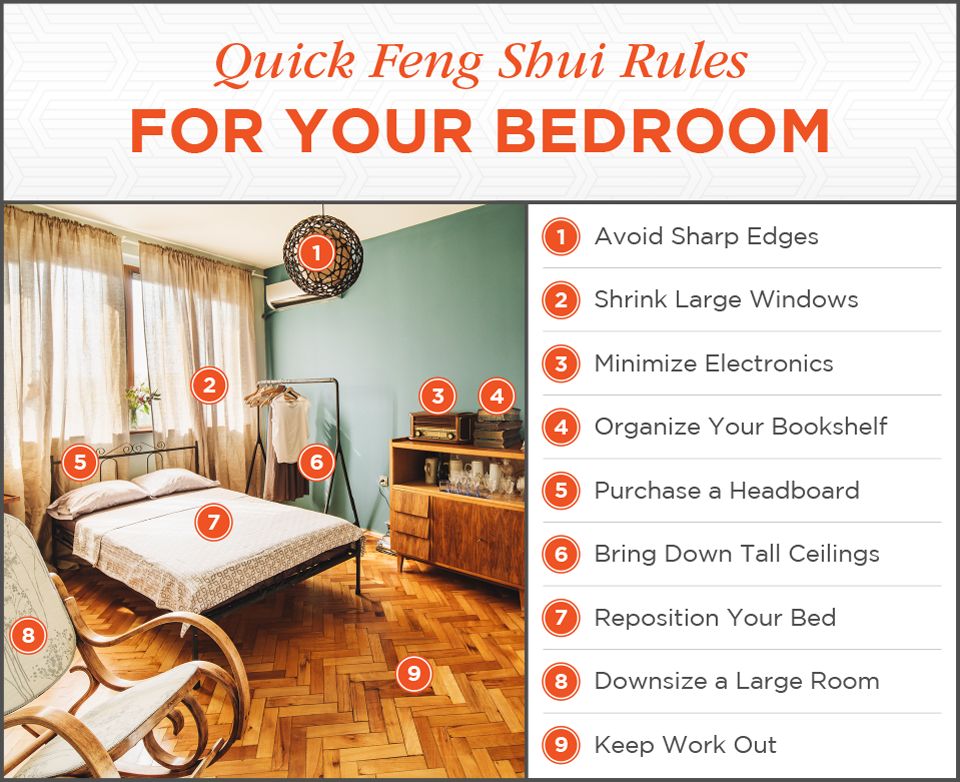






/GettyImages-962935286-5519bd02933e491b9da22f09a244d6ca.jpg)





